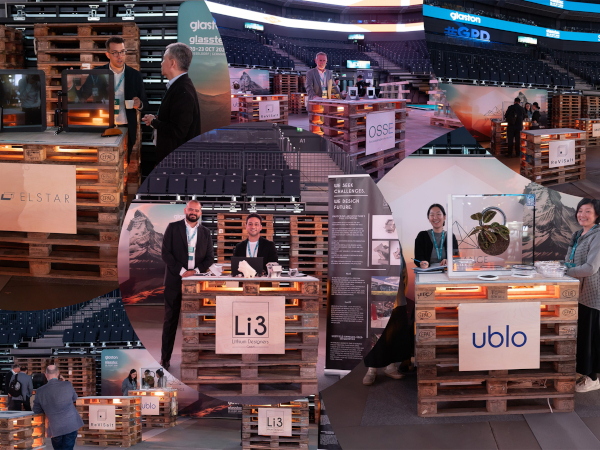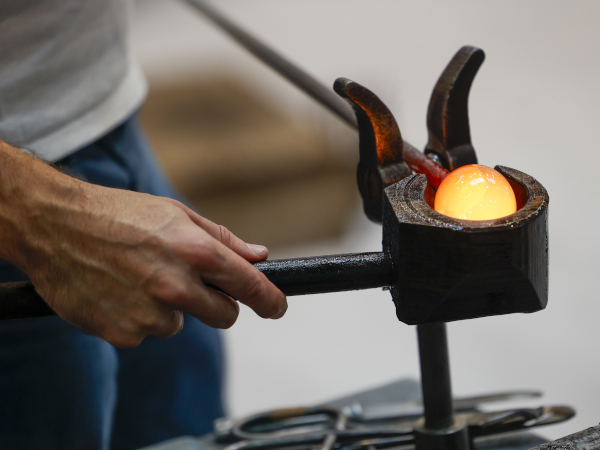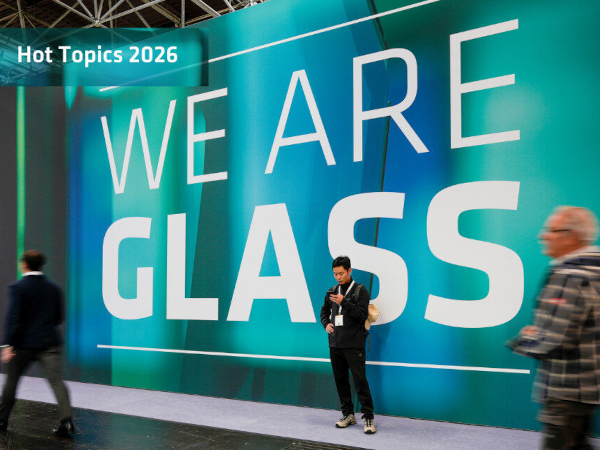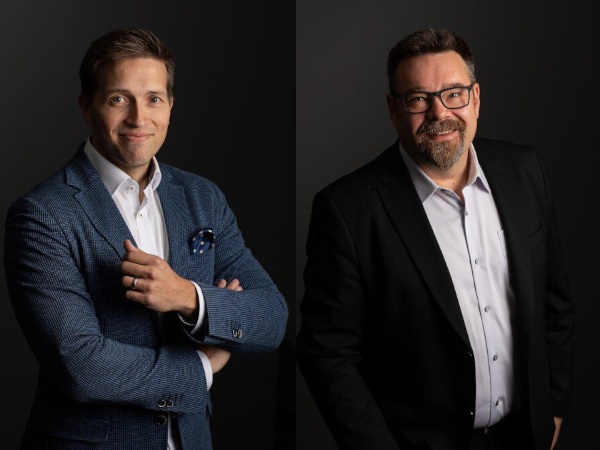Date: 28 September 2006
Photo:ISIMAT EC 1440 UVVisitors to ISIMAT’s stand will to see the new single-colour EC 1400 UV.The printing station of this semi-automatic screen printing machine has the same capabilities as the servo driven printing stations of ISIMAT’s multi-colour screen printing machines. Screen printing is no longer limited to simple geometric shapes such as squares, circles or ovals; direct screen printing with ceramic enamels or UV inks is possible onto items with shapes that combine linear, circular and oval elements.
The printing station of an EC 1440 UV features four servo drives, one servo drive to rotate the fixture, a second to move the print head including screen and squeegee up and down, a third to move the screen carriage and a fourth to move the squeegee. During printing, the synchronised movements of screen, squeegee and fixture keep the squeegee edge in print contact with an item’s contour. For example, a wrap around can be printed onto a square bottle that has round corners, the radius of the corners can be as small as 10 mm.
Servo technology in screen printing machines does not increase the complexity of machine setting. On the contrary, extensive motorisation reduces changeover times and adjustments can be made from a touch screen. Job specific machine settings can be stored and then the data can be recalled for motorised machine pre-setting. The data format of the EC 1440 UV is compatible with ISIMAT’s multi-colour servo-based screen printing machines.
Also on display will be a new semi-automatic UVitro surface treatment unit. The patented UVitro technology modifies the surface properties of glass to ensure lasting adhesion of UV inks and UV lacquers to glass surfaces. The unit is ideal for glass decorators who use semi-automatic screen printing machines and who want to be able to offer their customers high definition images printed with UV inks. ISIMAT’s product range comprises also fully automatic UVitro surface treatment units for integration into high speed screen printing machines.
ISIMAT will be exhibiting in Hall 12, Stand C59.
ISIMAT’s personnel will be on the stand to discuss specific applications with visitors.
UVitro Surface Treatment Unit
ISIMAT GmbH Siebdruckmaschinen is a privately owned company and was established by a design engineer almost fifty years ago in Ellwangen, Germany. The engineering tradition is being continued by Peter Detzner, an engineer who took over the helm of ISIMAT in 1995.
ISIMAT has focused on one goal: enabling companies to make their industrial screen printing processes more competitive. This singular focus allows ISIMAT to excel at the design and manufacture of advanced screen printing machines for printing on three dimensional items such as glass hollowware. The machines are renowned for high print quality, extremely accurate colour to colour registration, repeatability and reliability in 24/7 operation.
ISIMAT’s quality management system is certified to DIN EN ISO 9001:2000.







Add new comment